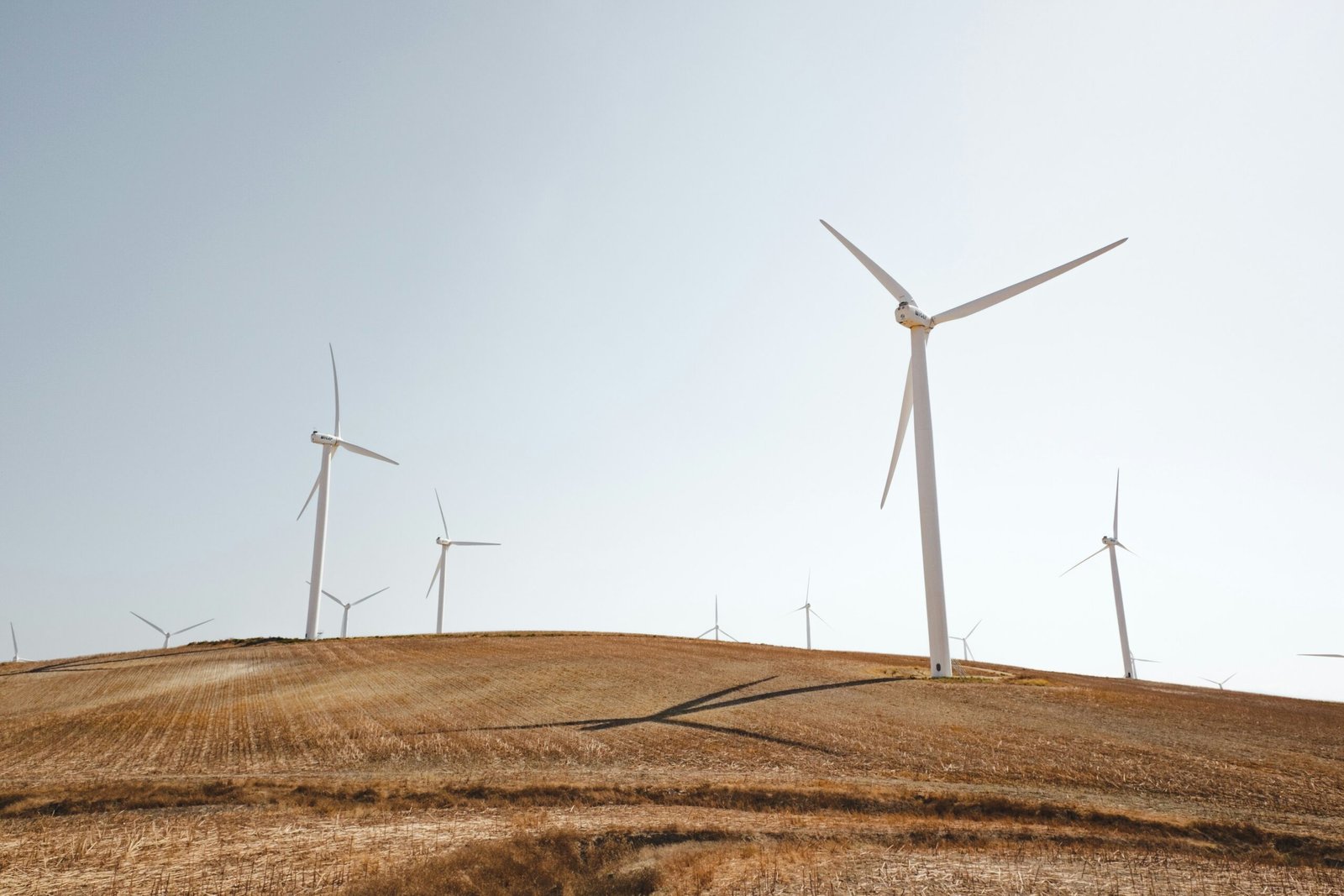Electricity is an essential component of modern life, playing a pivotal role in energy generation and consumption. It powers our homes, businesses, and industries, providing the energy needed for various activities and technologies. In this blog post, we will explore the significance of electricity in the context of energy and delve into its various applications and benefits.
The Basics of Electricity
Electricity is a form of energy resulting from the movement of charged particles, such as electrons. It is generated through various methods, including fossil fuels, nuclear power, and renewable sources like solar and wind. Once generated, electricity is transmitted through power grids and distributed to end-users for consumption.
Energy Generation
Electricity is a versatile energy source that can be generated using different technologies. Fossil fuels, such as coal, natural gas, and oil, have traditionally been the primary sources of electricity generation. These fuels are burned to produce heat, which then drives turbines connected to generators, converting mechanical energy into electrical energy.
In recent years, there has been a growing shift towards cleaner and more sustainable energy sources. Nuclear power harnesses the energy released from nuclear reactions, while renewable sources like solar and wind convert natural resources directly into electricity. These alternative methods offer significant environmental benefits, reducing greenhouse gas emissions and dependence on finite resources.
Electricity in Daily Life
Electricity has become an integral part of our daily lives, powering a wide range of devices and appliances. From lighting our homes to running electronic devices, we rely on electricity for various tasks. The advent of electric vehicles has also revolutionized transportation, offering a cleaner and more efficient alternative to traditional combustion engines.
Furthermore, electricity plays a crucial role in the industrial sector, powering machinery, manufacturing processes, and infrastructure. It enables the production of goods and services, driving economic growth and development. Without electricity, many industries would come to a standstill, impacting productivity and overall progress.
Benefits of Electricity
The widespread use of electricity brings numerous benefits to society. Firstly, it enables improved living standards by providing access to essential services such as lighting, heating, and cooling. Electricity also powers medical equipment, enabling better healthcare and saving lives.
Additionally, electricity offers economic advantages, stimulating economic activity and creating job opportunities. It powers businesses, facilitates communication and information exchange, and supports various industries, contributing to economic growth and prosperity.
Moreover, the use of electricity in transportation can help reduce carbon emissions and combat climate change. Electric vehicles produce zero tailpipe emissions, reducing air pollution and dependence on fossil fuels. As renewable energy sources become more prevalent, the environmental benefits of electric vehicles will further increase.
The Future of Electricity and Energy
The future of electricity and energy is undergoing significant transformation. As technology advances, the focus is shifting towards renewable energy sources, energy storage, and smart grids. These advancements aim to improve efficiency, reliability, and sustainability in energy generation and consumption.
Renewable energy technologies, such as solar and wind, are becoming more cost-effective and widespread. Energy storage solutions, such as batteries, enable the efficient utilization of renewable energy by storing excess electricity for later use. Smart grids, equipped with digital technologies, enhance the management and distribution of electricity, optimizing energy usage and reducing wastage.
As we move towards a more sustainable and electrified future, it is crucial to continue investing in research, development, and infrastructure. By embracing cleaner energy sources and adopting innovative technologies, we can ensure a reliable and sustainable energy supply for generations to come.
In conclusion, electricity plays a vital role in energy generation and consumption. It powers our daily lives, drives economic activity, and offers numerous benefits to society. As we strive for a more sustainable future, the focus on renewable energy sources and technological advancements will shape the way we generate, distribute, and consume electricity.
Electricity is an essential part of our daily life. We use it to power our homes, run our businesses and industries, and charge our electronic devices. It is generated in different ways, including burning fossil fuels and using the power of the sun and wind. Once it is generated, it is sent through power grids and distributed to homes and businesses for consumption.
Electricity is important because it allows us to do so many things that we take for granted. We use it to light up our homes, power our appliances, and charge our phones. It also helps us to do things at work, like using computers and machinery. Without electricity, many industries would come to a standstill, which would affect jobs and the economy.
Electricity can be generated in different ways, but some ways are better for the environment than others. Burning fossil fuels like coal and oil can create pollution that harms the environment. That’s why there is a growing trend towards using cleaner and more sustainable energy sources like wind and solar power. These methods offer significant environmental benefits, reducing greenhouse gas emissions and dependence on finite resources.
Using electricity can also have health benefits. It powers medical equipment, which helps doctors and nurses to save lives. And it can help reduce air pollution when we use electric vehicles instead of traditional cars that run on gasoline.
As we move towards a more sustainable future, we need to continue investing in research, development, and infrastructure. This will help us to find cleaner and more efficient ways to generate and use electricity. We can also embrace new technologies like energy storage and smart grids that will help us to use electricity more efficiently.
In conclusion, electricity is a crucial part of modern life, and it offers many benefits to society. By using cleaner and more sustainable methods to generate and use electricity, we can help to protect the environment, improve our health, and create a better future for ourselves and future generations.
Electricity is an essential part of our daily life. We use it to power our homes, run our businesses and industries, and charge our electronic devices. It is generated in different ways, including burning fossil fuels and using the power of the sun and wind. Once it is generated, it is sent through power grids and distributed to homes and businesses for consumption.
Electricity is important because it allows us to do so many things that we take for granted. We use it to light up our homes, power our appliances, and charge our phones. It also helps us to do things at work, like using computers and machinery. Without electricity, many industries would come to a standstill, which would affect jobs and the economy.
Electricity can be generated in different ways, but some ways are better for the environment than others. Burning fossil fuels like coal and oil can create pollution that harms the environment. That’s why there is a growing trend towards using cleaner and more sustainable energy sources like wind and solar power. These methods offer significant environmental benefits, reducing greenhouse gas emissions and dependence on finite resources.
Using electricity can also have health benefits. It powers medical equipment, which helps doctors and nurses to save lives. And it can help reduce air pollution when we use electric vehicles instead of traditional cars that run on gasoline.
As we move towards a more sustainable future, we need to continue investing in research, development, and infrastructure. This will help us to find cleaner and more efficient ways to generate and use electricity. We can also embrace new technologies like energy storage and smart grids that will help us to use electricity more efficiently.
In conclusion, electricity is a crucial part of modern life, and it offers many benefits to society. By using cleaner and more sustainable methods to generate and use electricity, we can help to protect the environment, improve our health, and create a better future for ourselves and future generations.



